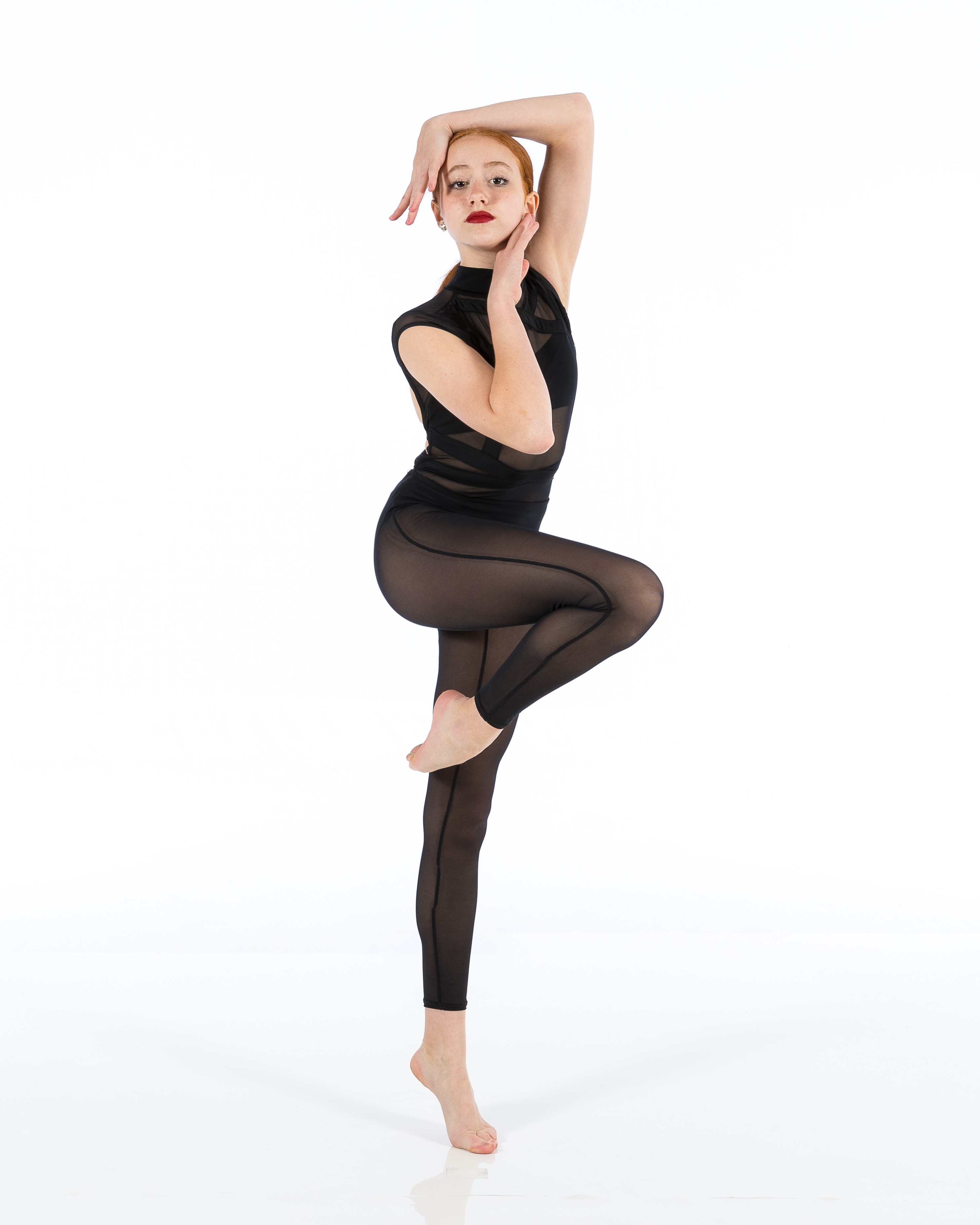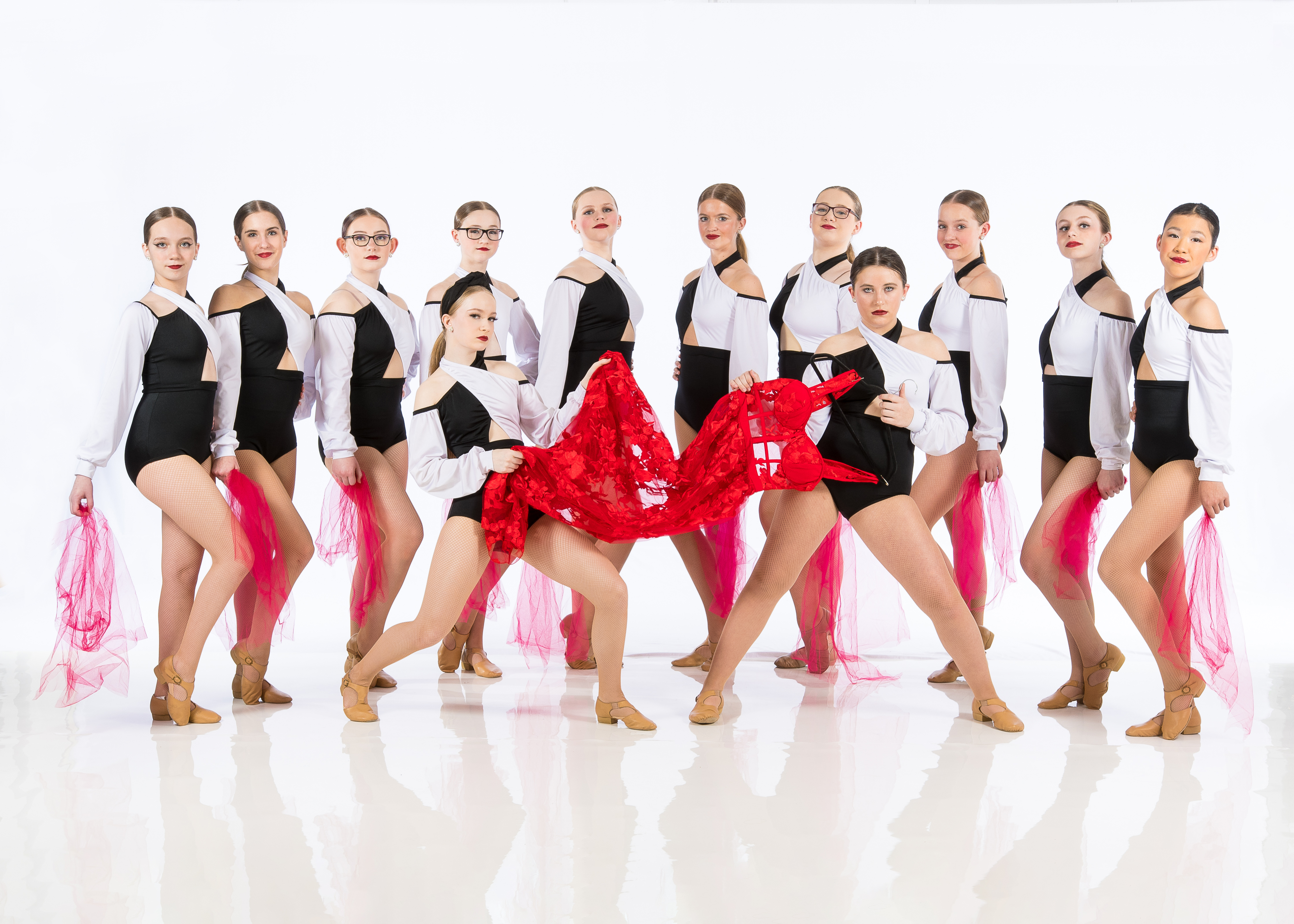Introduction
Stepping right into a dance studio for the very first time is a thrilling experience, one that can mix an alcoholic drink of emotions-- excitement, nervousness, expectancy. Whether you're a skilled professional dancer or simply starting your trip, comprehending the subtleties of dance studio decorum can boost your experience and boost your relationships with instructors and fellow professional dancers alike. In this detailed guide, we'll dive deep right into Mastering Dance Studio Rules: Important Tips for Beginners and Pros Alike
From fundamental rules to sophisticated considerations, this write-up will certainly cover whatever you require to know about navigating the dynamic globe of dance workshops. So tighten up those shoelaces and let's get started!
The Value of Dance Studio Etiquette
Why Rules Issues in Dancing Studios?
In any imaginative environment, rules plays an essential role in keeping consistency and regard amongst participants. Dancing studios are no exemption. Good decorum promotes a positive atmosphere where creativity can flourish.
- Respect: Being considerate in the direction of teachers and fellow professional dancers constructs common respect. Focus: Etiquette lessens distractions, permitting everyone to concentrate on learning. Community: Decorum assists produce an encouraging area that encourages development and camaraderie.
Common False impressions Concerning Dance Studio Etiquette
Many beginners hold false impressions concerning what makes up appropriate actions in dancing studios. Allow's debunk some myths:
- Myth 1: "Only innovative dancers need to adhere to decorum." Fact: Etiquette is necessary for all degrees; it reflects professionalism. Myth 2: "Instructors are as well rigorous about guidelines." Fact: Trainers enforce rules to maintain order and respect.
Basic Dance Studio Etiquette for Beginners
Dress Code: What to Wear?
First impacts matter! The appropriate clothes not only shows your commitment yet likewise improves your performance. Right here's how to dress suitably:
- Comfort: Select clothes that permit totally free movement. Footwear: Invest in good-quality footwear suited to your dance style.
|Dancing Style|Advised Clothing|| -------------|-------------------------|| Ballet|Leotard, leggings, ballet slippers|| Hip-Hop|Loose-fitting clothing, sneakers|| Tap|Comfortable clothing, faucet shoes|
Arriving on Time: Preparation is Key!
Being late can interrupt the entire class. Aim to get to the very least 10 mins early to:
- Warm up. Settle in mentally.
Tip: If you're running late because of unexpected situations, notify the trainer beforehand.
Quiet Zone: Preserving Silence Before Class
Dance workshops grow on emphasis. Maintain conversations to a minimum before course starts to guarantee everyone can prepare mentally.
Intermediate Dance Studio Etiquette: Building Relationships
Respecting Individual Area in Class
Every professional dancer deserves their area during practice. Prevent crowding others while practicing relocations or routines.
Why It Matters: Appreciating personal space promotes comfort and promotes much better discovering experiences.
Listening Actively During Instructions
When a teacher is talking, it's important to listen. Active paying attention shows regard and assists you grasp essential concepts.
How To Show Active Paying attention:
Maintain eye contact with the instructor. Nod when appropriate. Ask clarifying inquiries if needed.Advanced Dance Studio Decorum: Boosting Your Experience
Providing Positive Feedback Wisely
As you Dance Classes expand a lot more skilled, sharing comments becomes part of the society. Nonetheless, strategy this delicately:
Focus on details activities as opposed to basic critique. Offer recommendations only if gotten by peers.Encouraging Others: Structure Area Spirit
Support your other professional dancers with inspiration:
- Compliment their initiatives genuinely. Celebrate their success openly.
Mastering Dance Studio Etiquette: Crucial Tips for Beginners and Pros Alike-- The Trainers' Perspective
Understanding Instructor Expectations
Instructors usually have particular assumptions regarding actions in class. Familiarizing yourself with these can substantially improve your understanding experience:
Listen diligently when they speak. Follow instructions precisely. Give your best effort during every session.Building Connection with Your Instructor
Establishing a great connection with teachers can be valuable for your growth as a dancer:
- Ask questions connected to choreography or technique after class. Thank them for their assistance post-class; appreciation goes a long way!
Handling Dispute With dignity in the Dance Studio Environment
Dealing with Disagreements Amongst Peers
Conflicts may develop within any team setup; knowing how to manage them with dignity is vital:
Approach the individual privately without intensifying tension. Use "I" statements rather than "you" statements (e.g., "I really felt forgotten when ...").Addressing Problems with Teachers Professionally
If you have issues pertaining to guideline or classroom characteristics:
Request a personal meeting after class hours. Express your feelings constructively concentrating on remedies instead of complaints.The Duty of Non-Verbal Communication in Dance Studios
Understanding Body Language Signals
Dance naturally includes non-verbal interaction; recognizing exactly how body language features in this context is necessary:
Positive body movement (e.g., open posture) fosters connection. Negative signals (gone across arms) might communicate defensiveness or disengagement.Using Eye Contact Successfully During Classes
Maintaining eye contact with teachers communicates attentiveness while likewise assisting build rapport among peers throughout team performances!
FAQs
Q1: What ought to I use for my very first dance class?
A1: Opt for comfy garments that permits free motion-- yoga trousers or leggings paired with an equipped top jobs well!
Q2: Is it all right to miss classes occasionally?
A2: Life occurs! Notify your instructor in advance preferably; they'll appreciate your consideration.
Q3: How do I handle sensation reluctant around various other dancers?
A3: Beginning little-- present yourself one-on-one prior to expanding interactions slowly as experience grows!
Q4: Can I bring close friends along to observe classes?
A4: The majority of workshops prefer prior setups; check with monitoring initially so they recognize added attendees!
Q5: What happens if I differ with a trainer's feedback?
A5: Approach them pleasantly post-class; express sensations making use of "I" declarations concentrating on positive discussion rather than confrontation!

Q6: Need to I join efficiencies even if I'm new?

Conclusion
Mastering dance studio etiquette isn't almost adhering to regulations; it has to do with cultivating an improving setting where everybody really feels valued and influenced-- whether you're just starting or improving innovative strategies as an experienced pro! By adhering closely to these essential pointers outlined right here under Mastering Dance Studio Rules: Essential Tips for Beginners and Pros Alike, not just will you boost your own experience but additionally contribute positively in the direction of supporting a welcoming community within each dance studio you elegance with your presence! So take these understandings forward into every studio area you go into-- and let the rhythm bring you towards excellence!